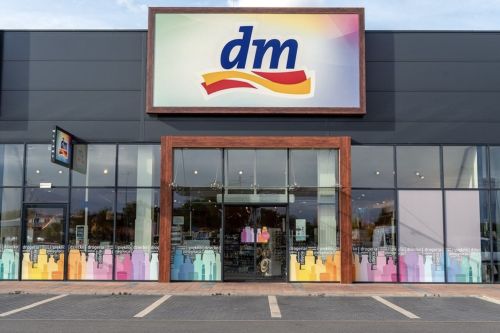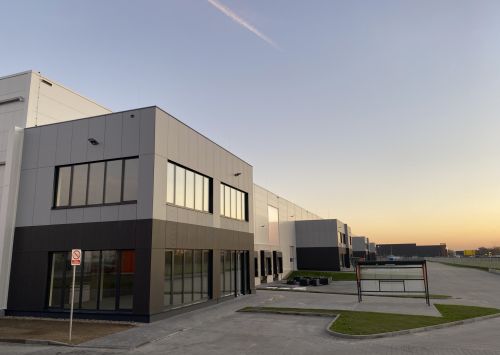The Covid-19 pandemic has definitely forced more people online and buyers who may not have shopped online previously could now become accustomed to having goods delivered directly to their homes. The current lockdown has increased consumer dependence on e-commerce and it’s likely that the shift to online retailing from traditional shopping will now accelerate even faster. This increase in e-commerce’s dominance is undoubtedly causing cross-dock facilities to become a core ‘must have’ investment target for funds. Occupier demand and income from such facilities is viewed as secure and sustainable due to the online trend. By definition, cross docking is a logistics procedure where products from a supplier are distributed directly to a customer or retail chain. When outbound transportation has been loaded the products make their way directly to the end-customers. This is often a ‘last- mile’ operation, with the movement of goods from the transportation h




























































Strong warehouse sector whilst capital cautious and offices yet to rebound
Strong warehouse sector whilst capital cautious and offices yet to rebound
Poland’s commercial real estate market enters 2026 in good health and with solid growth potential. Warehouses remain one of the strongest sectors in Europe, while constrained ...
Newmark Polska
The end of greenwashing as flex grows in strength
The end of greenwashing as flex grows in strength
The office sector is entering a period of deeper qualitative and financial scrutiny. Decisions regarding new projects, refurbishments, or leasing are now supported by more thorough ...
Walter Herz
The quiet revolution in Małopolska
The quiet revolution in Małopolska
Developers across the region are increasingly favouring heat pumps and photovoltaic systems over traditional gas boilers in warehouse construction. This shift marks a growing commi ...
Axi Immo